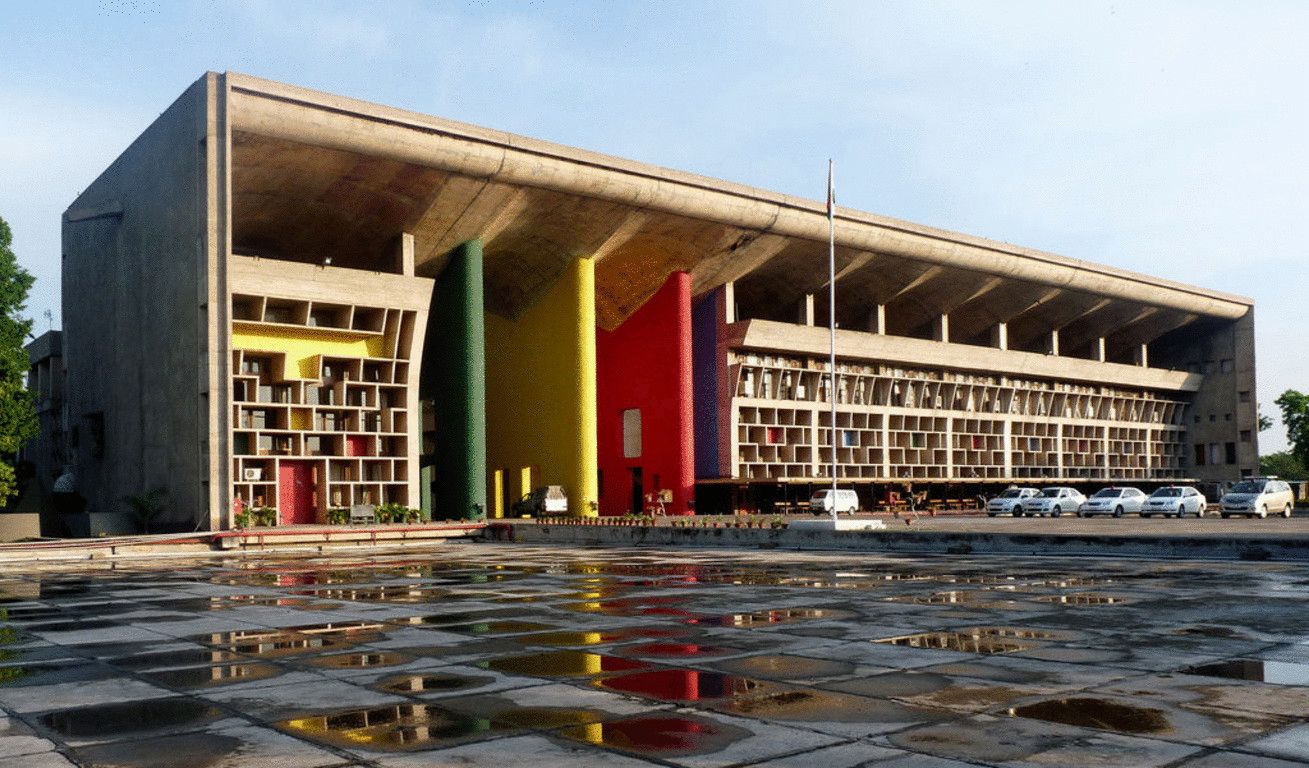Punjab & Haryana High Court Reiterates That Warabandi Is Temporary and Subject to Revision by Canal Authorities

Case Name: Prakash Veer Singh Jakhar @ Prakash Veer and Another v. State of Haryana and Others
Date of Judgment: October 13, 2025
Citation: CWP-6509-2025
Bench: Hon’ble Mr. Justice Harsh Bunger
Held: The Punjab & Haryana High Court reiterated that the warabandi (rotation of irrigation water supply) under the Haryana Canal and Drainage Act, 1974, is a temporary arrangement that can be altered or revised at any time by the competent Canal authorities if circumstances so require. Justice Harsh Bunger held that once the Canal Officers have determined the sequence of turns based on actual cultivation, location of land parcels, and shareholding, the Court cannot interfere unless procedural illegality or material irregularity is demonstrated. The Court emphasized that parties have no vested right to insist on the continuation of a particular water rotation once it has been lawfully modified.
Summary: The petitioners approached the High Court seeking to quash orders dated November 15, 2023, July 22, 2024, and November 18, 2024, passed by the Deputy Collector, Divisional Canal Officer, and Superintending Canal Officer, Hisar, respectively. These orders had allowed the application filed by respondent No. 5 under Section 55 of the Haryana Canal and Drainage Act, 1974, for amendment of warabandi related to outlet RD-21500, TR Mirpur Distributory. The respondent sought realignment of his irrigation turn in accordance with his ownership and cultivation pattern over 77 kanal 1 marla of land spread across multiple khata numbers.
The Canal authorities found merit in the application and allowed modification of the warabandi, allocating turns based on site location and existing watercourses to ensure efficient and fair distribution. The petitioners challenged these findings before higher Canal authorities and subsequently before the High Court, contending that the amendments were arbitrary and prejudicial.
Justice Harsh Bunger observed that the Superintending Canal Officer had examined all records and maps, and found that the holdings of both petitioners and respondents were joint but cultivation was separate. The revised warabandi reflected equitable distribution of water, preventing misuse and ensuring all cultivated chunks were connected to lined or unlined watercourses. The Court held that the petitioners failed to show any procedural irregularity or prejudice caused by the orders, and that judicial intervention was unwarranted.
Decision: The High Court dismissed the writ petition, upholding the concurrent findings of all Canal authorities that the warabandi had been lawfully amended in accordance with site conditions and landholding patterns. It reiterated that warabandi is a flexible, administrative arrangement, and the Court will not interfere unless clear illegality is shown. All pending applications were also disposed of.